September 04, 2024
Top 12 Food to Avoid in Monsoon
CM Content Team
During the monsoon season, it's essential to be mindful of your diet to stay healthy and avoid illnesses. Certain foods are best avoided due to the increased risk of contamination and digestive issues. As part of a safe monsoon diet, it's crucial to steer clear of foods that are prone to spoilage or are difficult to digest. In this article, we'll explore the top 12 foods to avoid in monsoon, ensuring you enjoy the rainy season without compromising your health. By making informed choices, you can relish the season's delights while staying fit and safe.
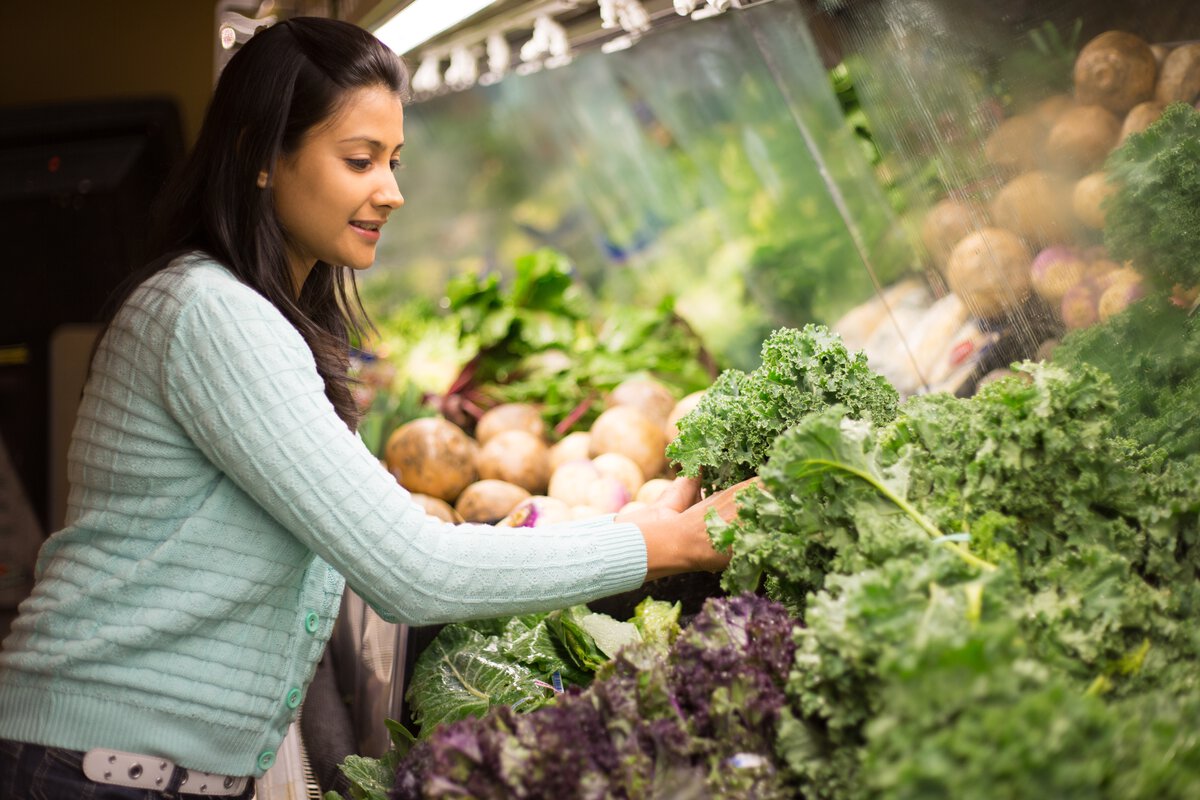

Leafy vegetables, though typically nutritious, are best avoided during the monsoon season. The increased humidity and moisture create an ideal environment for bacteria and parasites, which can contaminate these greens. Additionally, washing leafy vegetables thoroughly becomes challenging, leaving behind harmful microorganisms that can lead to stomach infections and other illnesses. To ensure your monsoon diet is safe, it's advisable to skip leafy vegetables or choose them from trusted sources and ensure they are thoroughly cleaned and cooked before consumption.
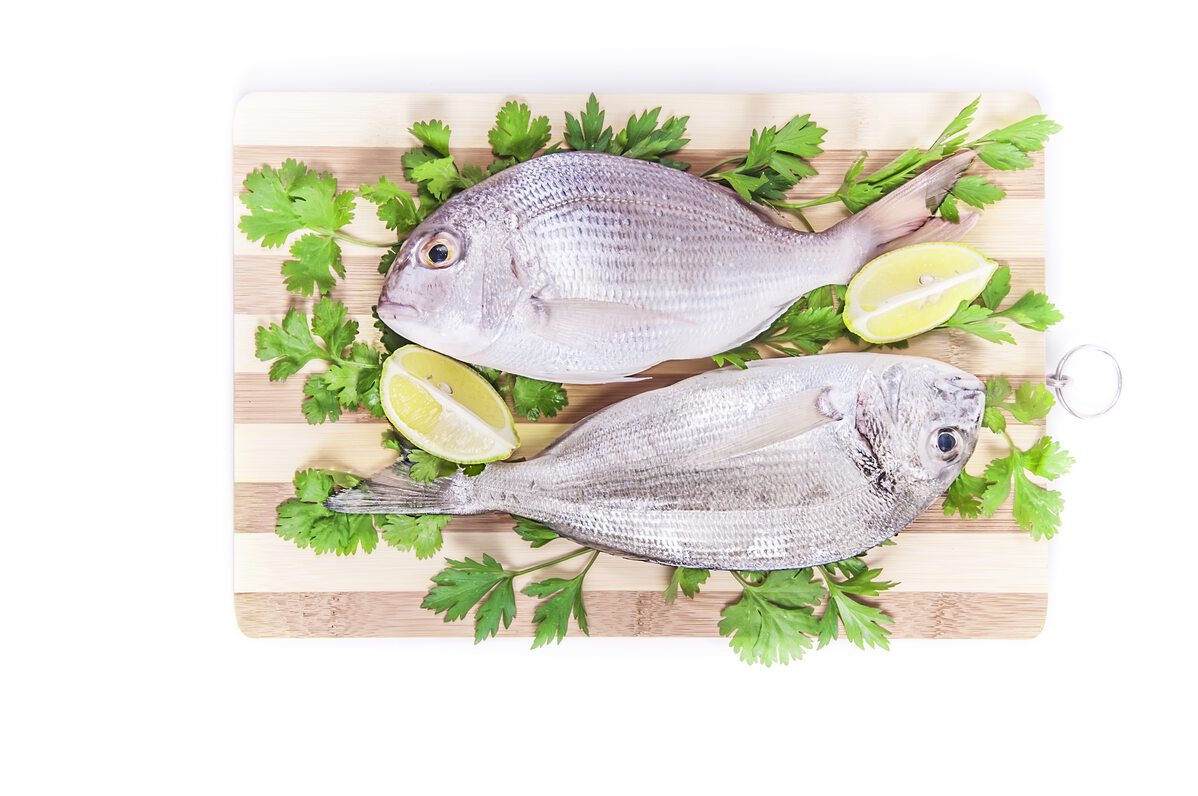
Seafood is another category of food to avoid in monsoon due to the increased risk of contamination and spoilage. The rainy season often disrupts the natural habitat of marine life, leading to higher levels of pollutants and bacteria in the water. This can result in seafood being less fresh and more likely to carry harmful pathogens. Consuming seafood during this time can increase the risk of foodborne illnesses, making it a prudent choice to avoid or limit seafood in your diet during the monsoon season.
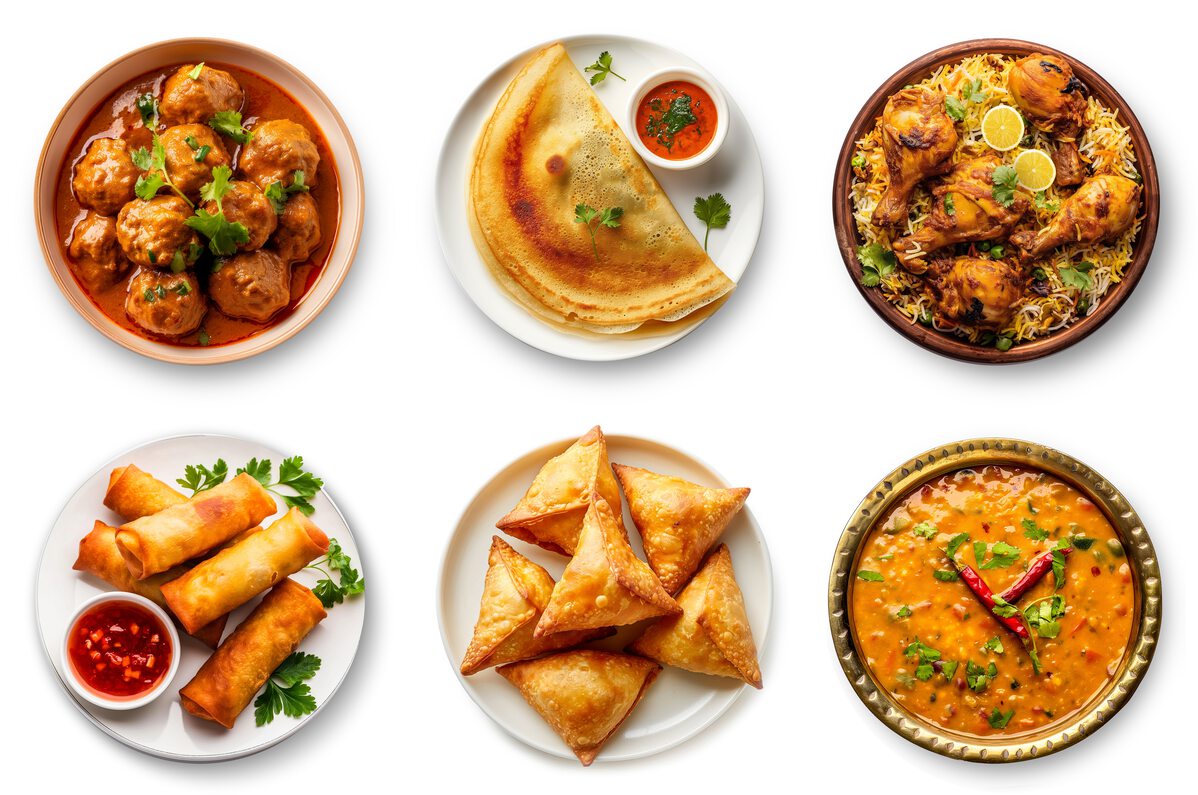
Spicy and fried foods are popular indulgences, but they are best categorized as food to avoid in monsoon. The rainy season tends to slow down digestion and increases the risk of gastrointestinal issues. Consuming spicy and fried foods can exacerbate these problems, leading to indigestion, acid reflux, and other digestive discomforts. Additionally, the high oil content in fried foods can contribute to a sluggish metabolism and weight gain. To maintain a healthy monsoon diet, it's advisable to limit these types of foods and opt for lighter, easier-to-digest meals instead.
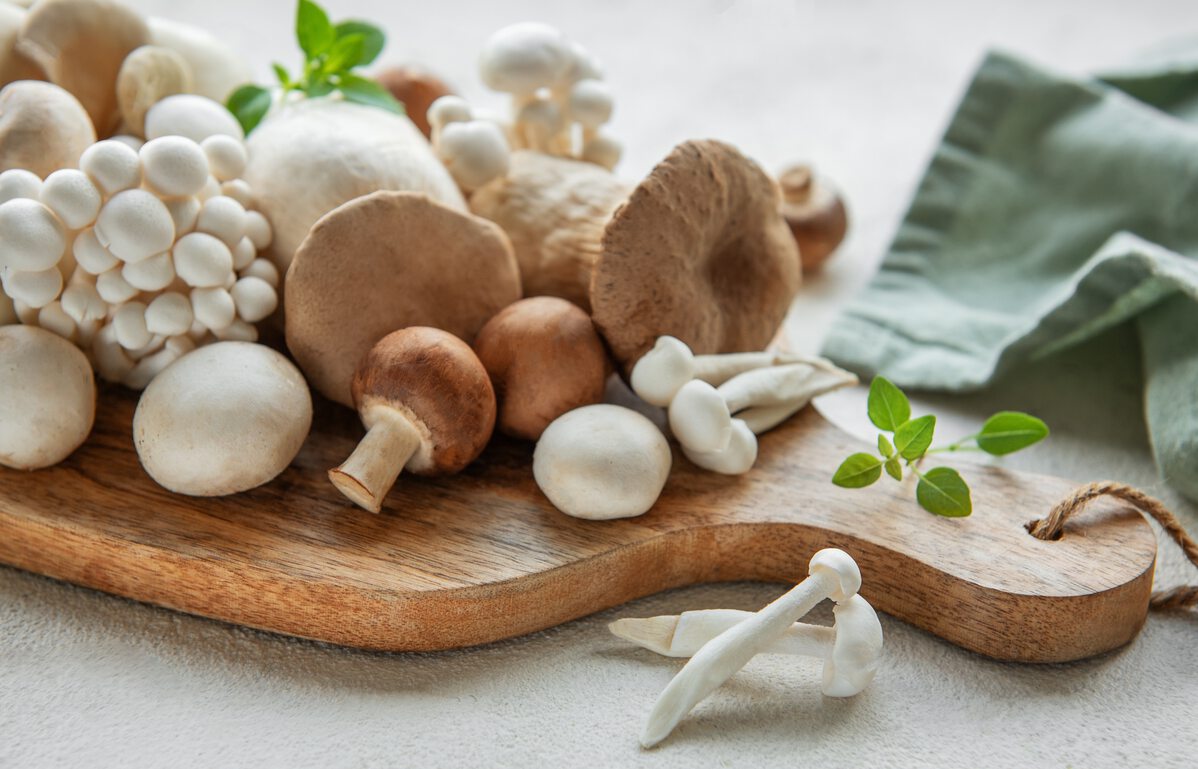
Mushrooms, while generally nutritious, fall under the category of monsoon foods that should be consumed with caution. During the rainy season, the damp and humid conditions make mushrooms more susceptible to contamination by harmful bacteria and fungi. Additionally, wild rooms, which might appear more frequently during monsoons, can sometimes be toxic if not properly identified. It's best to avoid mushrooms unless they are sourced from a reliable supplier and cooked thoroughly. This precaution helps prevent potential foodborne illnesses, making your monsoon diet safer and more wholesome.
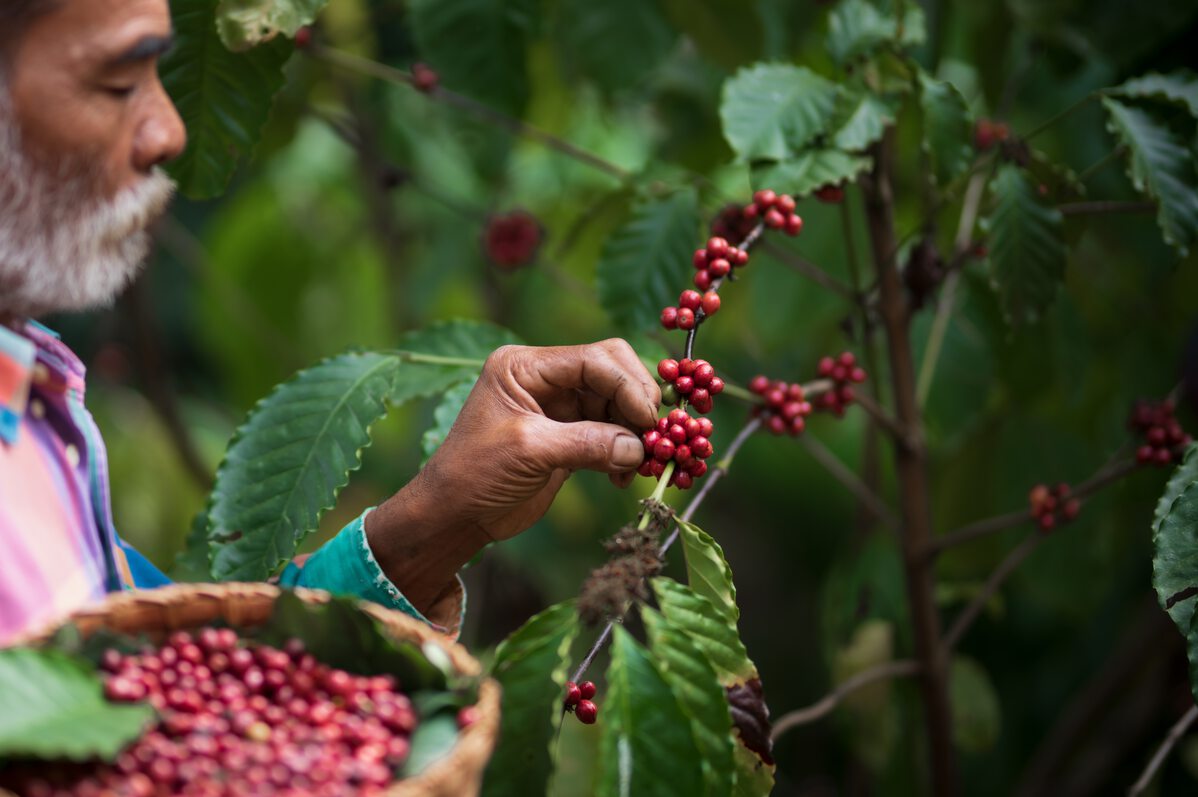
Raw foods are often considered healthy, but they can be risky monsoon foods. The increased humidity during the rainy season can lead to higher bacterial growth and contamination in raw fruits and vegetables. Consuming raw foods without proper washing or cooking can expose you to waterborne diseases and foodborne pathogens. It's especially important to avoid raw salads, sprouts, and unpasteurized juices during this time. To ensure a safe monsoon diet, opt for cooked or thoroughly washed foods, and consider steaming or boiling fruits and vegetables to eliminate potential contaminants.
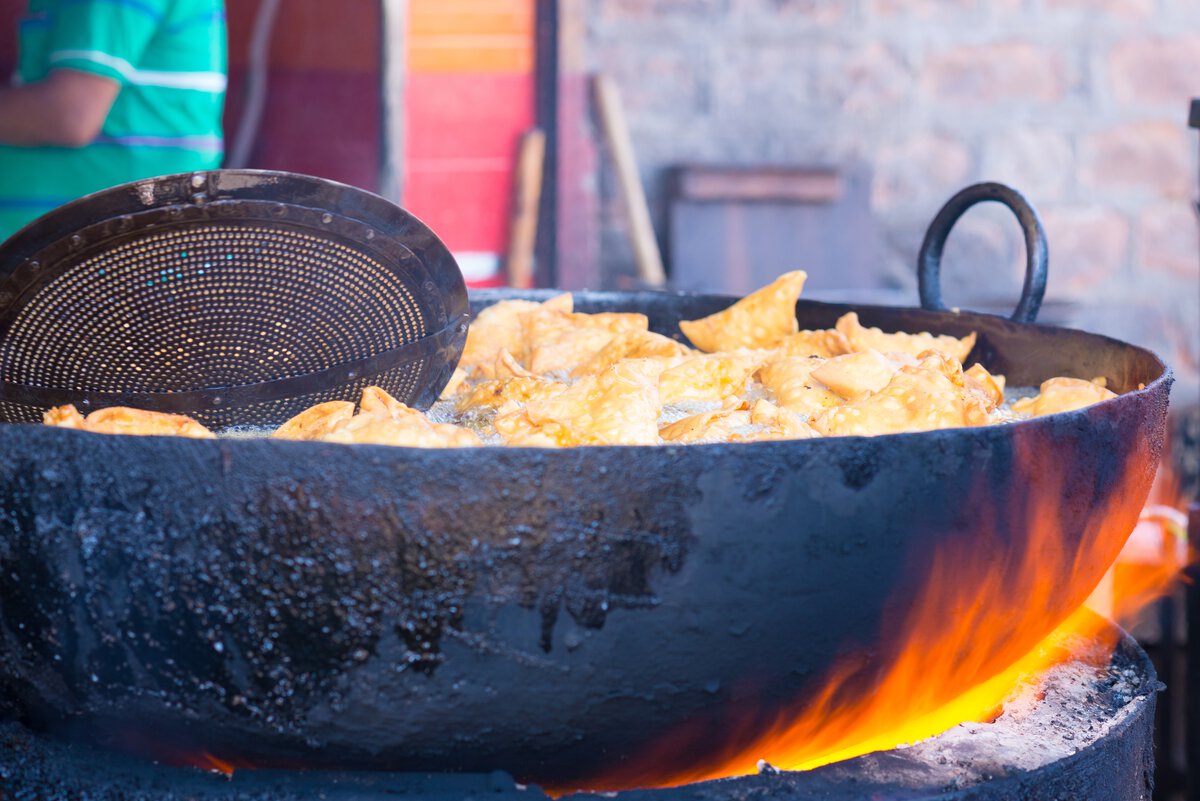
Street foods, although tempting and delicious, are another category of food to avoid in monsoon. The increased humidity and frequent rainfall during this season create ideal conditions for bacterial growth and food contamination. Street vendors often face challenges in maintaining hygiene, and the risk of consuming contaminated food is higher. This can lead to gastrointestinal infections and food poisoning. Additionally, ingredients used in street foods, like chutneys and sauces, can spoil quickly in the humid weather. For a safer monsoon diet, it's best to avoid street foods and opt for homemade or restaurant meals where hygiene standards are more reliable.
Pre-Cut Fruits and Salads
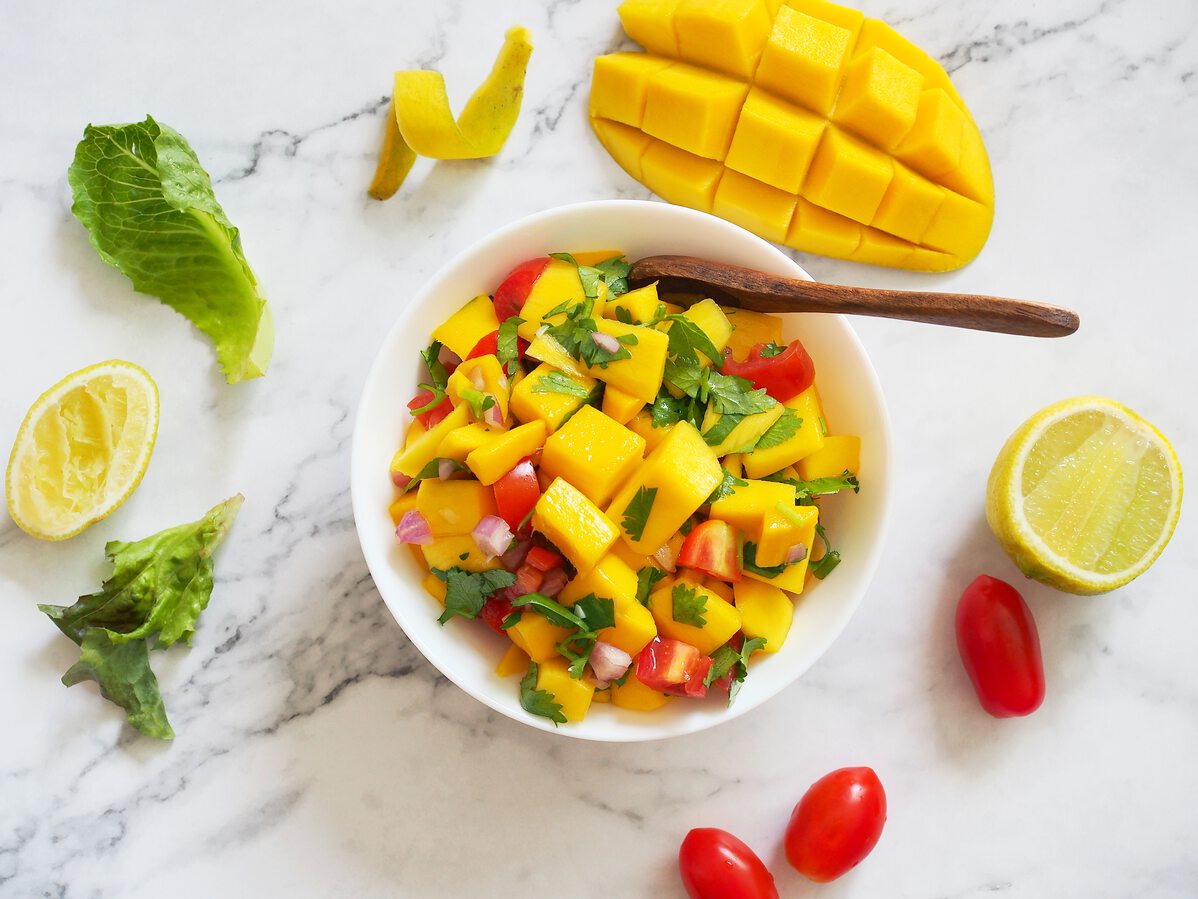
Pre-cut fruits and salads, while convenient, are foods to avoid in monsoon due to the high risk of contamination. The humid conditions during this season promote bacterial growth, making these items more susceptible to spoilage, especially if not stored properly. To stay safe and maintain a healthy monsoon diet, opt for freshly prepared fruits and salads at home, washing them thoroughly before consumption. This practice helps reduce the risk of foodborne illnesses and ensures you're consuming safe and healthy food during the rainy season.
Under-Cooked Meats, Fish and Eggs
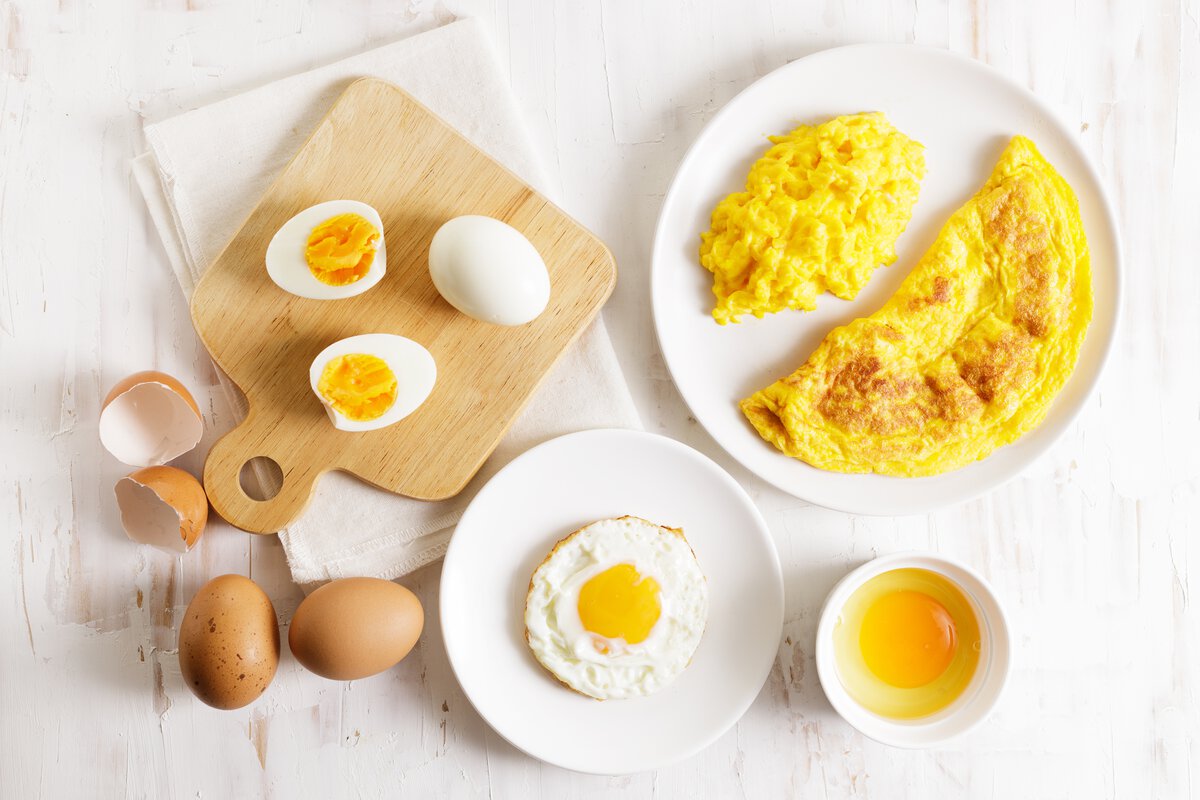
Under-cooked meats, fish, and eggs are particularly risky monsoon foods due to the heightened chance of bacterial contamination during the rainy season. The warm and moist conditions can accelerate the growth of harmful bacteria like Salmonella and E. coli, which are commonly found in these foods. Consuming under-cooked or improperly handled meats, fish, and eggs can lead to serious foodborne illnesses. To protect your health, ensure that these foods are cooked thoroughly to the recommended internal temperatures, minimizing the risk of infection and making your monsoon diet safer.
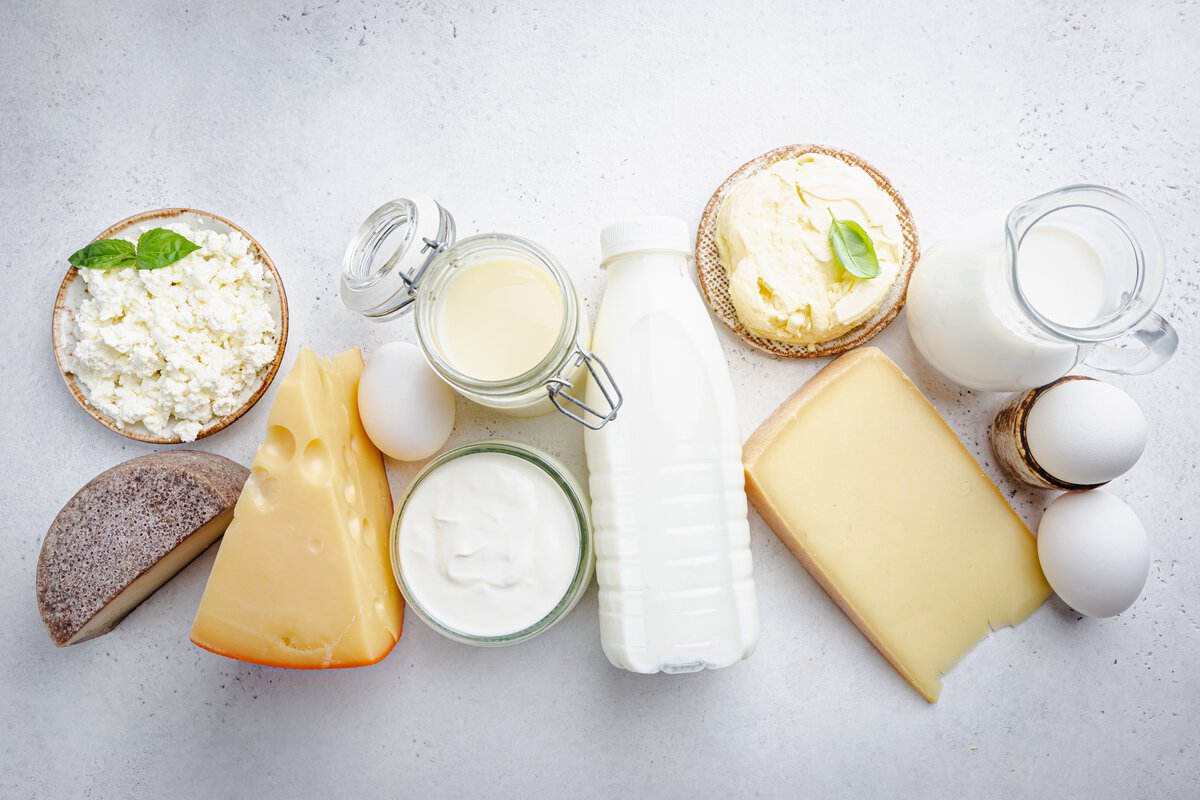
Dairy products, including milk, cheese, and yogurt, are particularly susceptible to spoilage and bacterial contamination during the monsoon season due to the warm and humid conditions. These factors can promote the growth of harmful bacteria such as Listeria, especially in unpasteurized products. To minimize health risks, it's advisable to choose pasteurized dairy products, store them properly in the refrigerator, and consume them quickly to avoid spoilage. This practice helps maintain a safe and healthy monsoon diet.
Carbonated and Cold Beverages

Carbonated and cold beverages are best avoided in monsoon as they can weaken the immune system, making the body more susceptible to infections. The sudden temperature change from consuming cold drinks can also disrupt digestion. Additionally, the high sugar content in these beverages can contribute to dehydration. For a healthier monsoon diet, choose warm drinks like herbal teas or soups, which help maintain body warmth and support immunity.
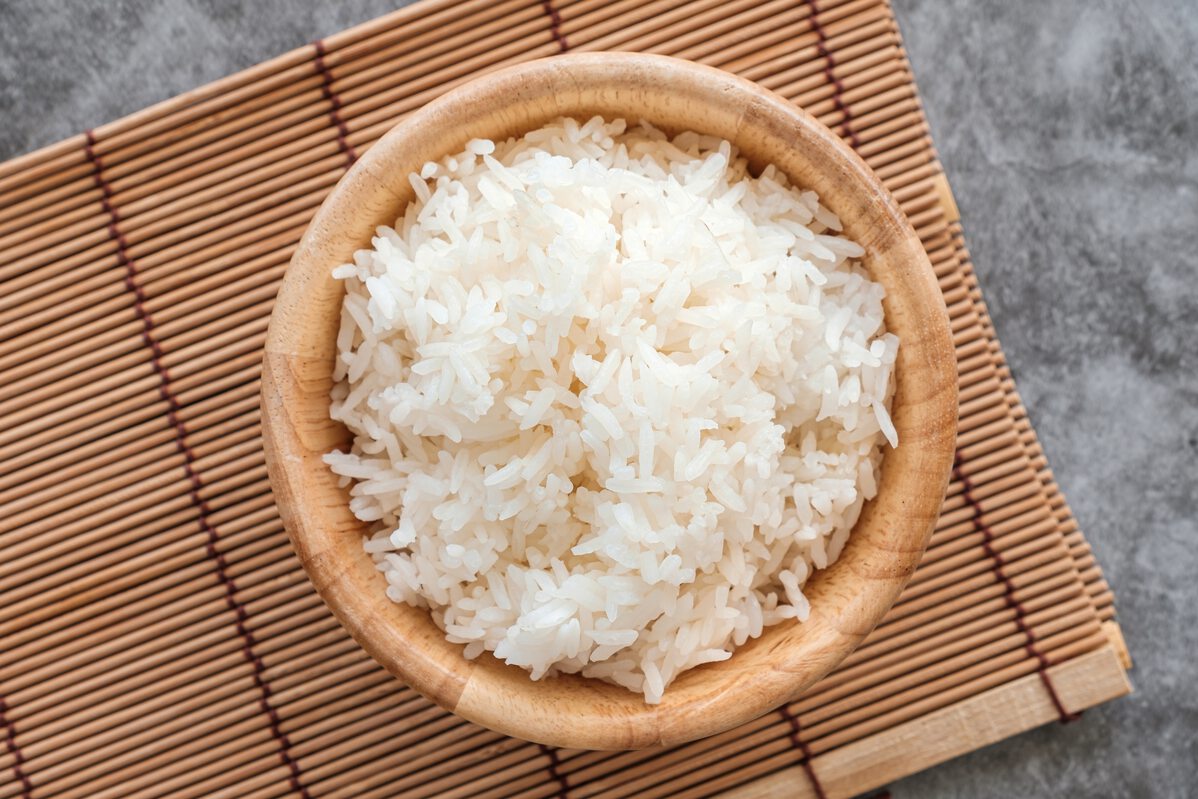
White rice, a staple in many diets, is a food to avoid in monsoon if consumed in excess. During the rainy season, the digestive system tends to be more sluggish, and white rice, which is low in fibre, can contribute to feelings of bloating and lethargy. It is also a high-glycaemic food, which can lead to rapid spikes in blood sugar levels. To maintain a balanced monsoon diet, consider replacing white rice with whole grains like brown rice or quinoa, which are richer in fibre and nutrients, aiding in better digestion and sustained energy levels.
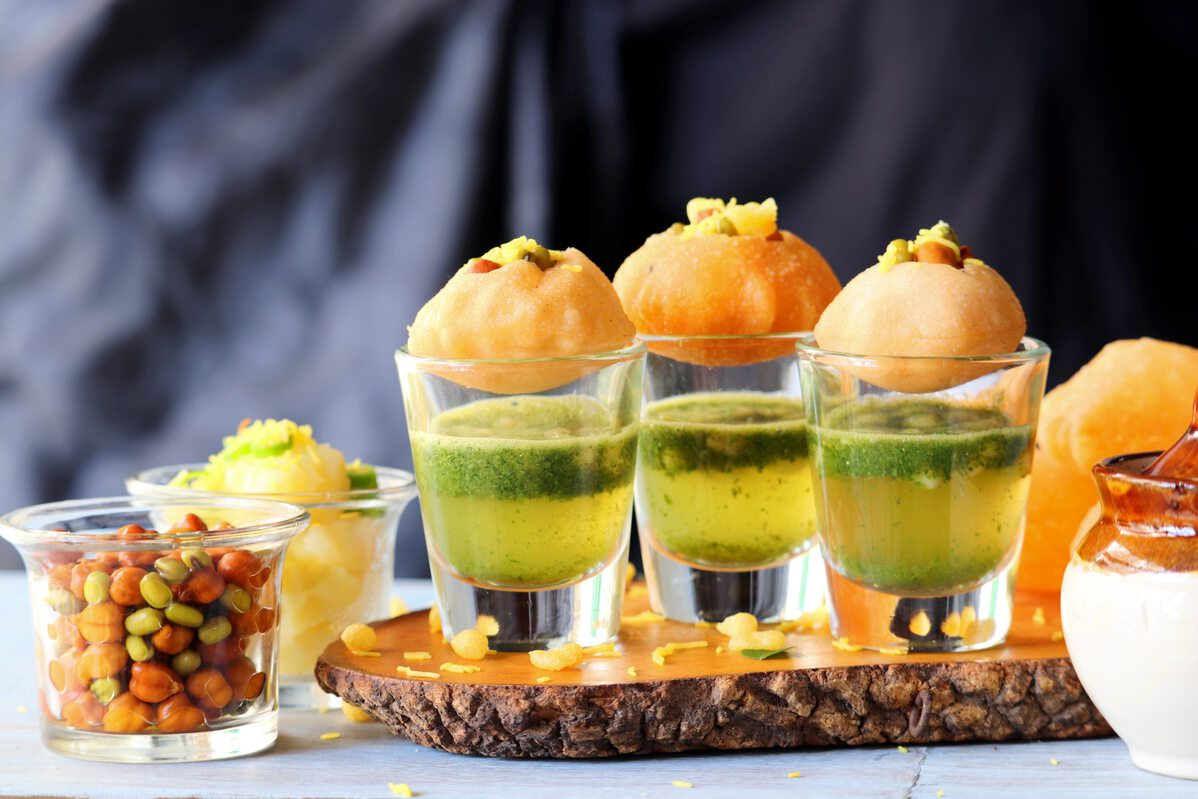
Watery foods, including soups, broths, and fruits like watermelon, should be limited during the monsoon season. Excessive intake of these foods can lead to water retention and bloating, especially since the body's digestion can be slower in humid conditions. To maintain a balanced monsoon diet, it's better to consume such foods in moderation and focus on easily digestible options that support overall health and well-being.
During the monsoon season, it's crucial to be cautious about your dietary choices to avoid health issues commonly associated with this time of year. The humid and damp conditions make certain foods more susceptible to contamination and spoilage, increasing the risk of foodborne illnesses. A safe monsoon diet should focus on food to avoid in monsoons that are prone to bacterial growth, difficult to digest, or can weaken the immune system. By opting for freshly prepared, well-cooked meals and choosing warm, easily digestible options, you can enjoy the rainy season while maintaining your health and well-being.
At Club Mahindra restaurants, we stand out from the rest by ensuring that our meals are thoughtfully curated to avoid foods that are best left untouched during the monsoons—unless, of course, you're craving them! We prioritize hygiene and freshness in every dish, so you can enjoy each bite with the confidence that it’s not only delicious but also nourishing and safe for your health.
Mahindra Holidays & Resorts India Ltd. (MHRIL), a part of Leisure and Hospitality sector of the Mahindra Group, offers quality family holidays primarily through vacation ownership memberships and brings to the industry values such as reliability, trust and customer satisfaction. Started in 1996, the company's flagship brand ‘Club Mahindra’, today has over 290,000 members , who can holiday at 140+ resorts in India and abroad.